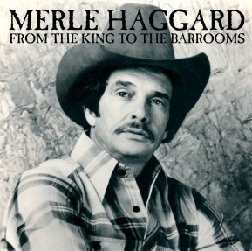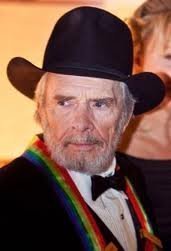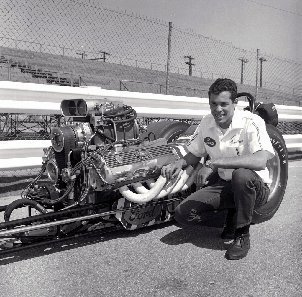Iowa (/ˈaɪ.əwə/ ⓘ EYE-ə-wə, Lakota: Ayúȟwa) is a landlocked state in the upper Midwestern region of the United States. It borders the Mississippi River to the east and the Missouri River and Big Sioux River to the west; Wisconsin to the northeast, Illinois to the east and southeast, Missouri to the south, Nebraska to the west, South Dakota to the northwest, and Minnesota to the north.
Iowa is the 26th largest in total area and the 31st most populous of the 50 U.S. states, with a population of 3,190,369, according to the 2020 census. The state's capital, most populous city, and largest metropolitan area fully located within the state is Des Moines.
A portion of the larger Omaha, Nebraska, metropolitan area extends into three counties of southwest Iowa. Iowa has been listed as one of the safest U.S. states to live in.
During the 18th and early 19th centuries, Iowa was a part of French Louisiana and Spanish Louisiana; its state flag is patterned after the flag of France. After the Louisiana Purchase, people laid the foundation for an agriculture-based economy in the heart of the Corn Belt.
In the latter half of the 20th century, Iowa's agricultural economy began to transition to a diversified economy of advanced manufacturing, processing, financial services, information technology, biotechnology, and green energy production. As of 2018, 22.6 million hogs outnumbered Iowans by more than 7 to 1 in 8,000 facilities large enough to require manure management plans.
Etymology
Like many other states, Iowa takes its name from its predecessor, Iowa Territory, whose name in turn is derived from the Iowa River, and ultimately from the ethnonym of the indigenous Ioway people. The Ioway are a Chiwere-speaking Siouan Nation, who were once part of the Ho-Chunk Confederation that inhabited the area now corresponding to several Midwest states. The Ioway were one of the many Native American nations whose territory comprised the future state of Iowa before the time of European colonization.
The first American settlers officially moved to Iowa in June 1833. Primarily, they were families from Ohio, Pennsylvania, New York, Indiana, Kentucky, and Virginia who settled along the western banks of the Mississippi River, founding the modern day cities of Dubuque and Bellevue. On July 4, 1838, the U.S. Congress established the Territory of Iowa. President Martin Van Buren appointed Robert Lucas governor of the territory, which at the time had 22 counties and a population of 23,242.
If you want to read a whole lot more, go here: https://en.wikipedia.org/wiki/Iow
- SERVES
- 8
- COOK TIME
- 55 Min
Chili and cornbread together at last! We've combined these two favorites in a casserole that is so good, no matter how full you are, you'll be saying "just one more bite!"
- 2 tablespoons vegetable oil
- 1 large onion, chopped
- 3 cloves garlic, minced
- 2 pounds ground beef
- 1 (28-ounce) can crushed tomatoes
- 2 tablespoons chili powder
- 1 teaspoon ground cumin
- 1 teaspoon salt
- 1 teaspoon black pepper
- 2 (16-ounce) cans red kidney beans, drained
- 1 (8-1/2-ounce) package corn muffin mix
- 1 cup (4 ounces) shredded Mexican cheese blend
- In a large pot over medium-high heat, heat oil; saute onion and garlic 5 minutes, or until tender. Add ground beef and brown 8 to 10 minutes, or until no pink remains; drain off excess liquid. Add remaining ingredients except muffin mix and cheese; mix well. Cover and simmer over low heat 20 to 25 minutes, or until thickened.
- Preheat oven to 375º. Coat a 9- x 13-inch baking dish with cooking spray.
- Spoon chili into prepared baking dish. Prepare muffin mix as directed on package; stir in cheese. Spread mixture over chili.
- Bake 20 minutes, or until a toothpick inserted in center of cornbread topping comes out clean. Cool slightly and serve.
1970 – Newhall Incident: Four California Highway Patrol officers are killed in a shootout.
And births this date include...
1937 – Merle Haggard, American musician (d.2016)
1941 – Don "The Snake" Prudhomme, American drag racer
1969 – Paul Rudd, American actor
It was 400 years before they had declared –“For we fight not for glory, nor riches, nor honors, but for freedom alone which no good man give sup except for his life.” – from the Declaration of Arbroath



















